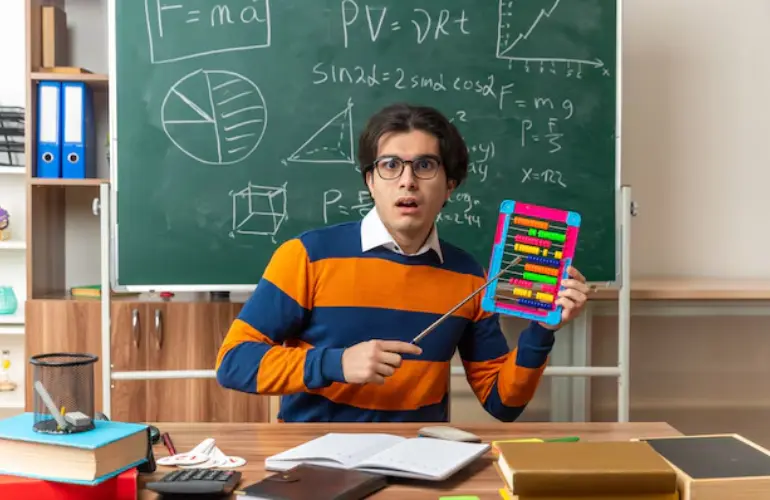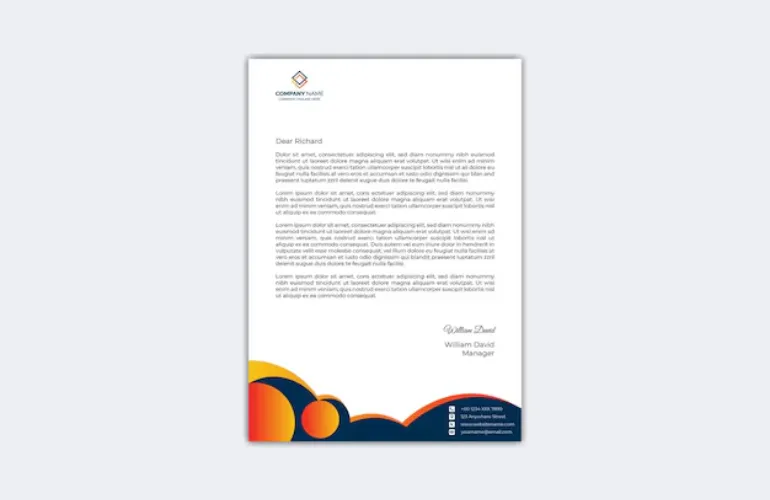Both camps for and against educational theorists have a common role of influencing the way educators teach and students learn. Of the influencers mentioned above, Maria Montessori is specially worthy to mention that her methods are still actively used in the classes nowadays. She is known for her educational philosophy of belonging to the progressive school and promoting students’ initiative as well as personal development of learners. Montessori and other educational theorists of the past therefore help educators in the current generation to understand and appreciate current practices and methods.
Maria Montessori’s Pioneering Educational Philosophy
The Montessori system of education was founded by an Italian born physician and educator Maria Montessori in the early part of the twentieth century. Her educational method which is Montessori education allows children to learn according to their desires and within a certain setup. This concept is based on the idea that students achieve most when they are wholly involved in the learning exercise.
A number of present day education, teaching practices owe their origin to Montessori’s methods. The schools have adopted her ideas of honoring the progression of a child and following the developmental periods to get the best learning opportunities for the child. Implementing Montessori’s ideas, teachers and care givers have a vision to offer suitable conditions of development for every learner.
The Core Principles of Montessori Education
Montessori being one of the most acknowledged theorists of education, it is feasible to articulate several composing notions behind such an approach.
These principles are designed to cater to the natural development of children and include the following:
Respect for the Child:
Respect for a child and the understanding of every individuality was also stressed by Montessori. This principle can help educators learn to respect each child and the abilities that he/she possesses as well as the interest he/she may have in a certain activity.
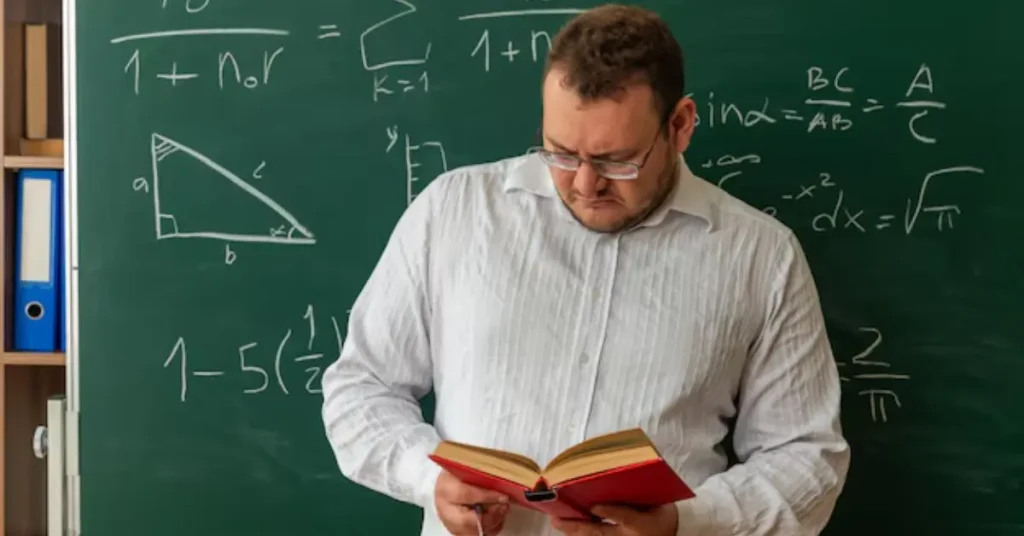
Prepared Environment:
Overall, Montessori classrooms contain methods to design the environment that is captivating and engaging. The environment is designed to encourage the child to go around and learn on their own since materials are placed in an orderly manner to benefit the child.
Hands-On Learning:
An important point of Montessori education is the practical application of senses that includes the use of materials the child can build and manipulate. These materials enable a child to learn some concepts practically since this makes learning more real and hence easier. Read More.
Self-Directed Learning:
Certainly, the major characteristic of the Montessori approach is the attention to independence of a child. Children are able to select kinds of activities they are to engage in as well as work at their own pace thereby enhancing responsibility.
Mixed-Age Classrooms:
In almost all Montessori environments there may be mixed age groups which means children of different ages. Such an option enables peer education: students of higher grades may educate students of lower grades, and vice versa, students of lower grades can pick good examples from their seniors.
The Lasting Impact of Educational Theorists
Some of the proponents of education who have provided concepts that have shaped the approaches to training to date have been described, including Montessori. In this way these ideas have contributed to the present structure and some form of teaching and learning order. For this reason, one of more important legacy of Montessori has been concern with individual approach, the idea of respect for the child as learner and student centeredness that has been a root of trying to develop more balanced approaches to schooling where attempts are made to accommodate the child as an individual with his or her particular needs and interests.
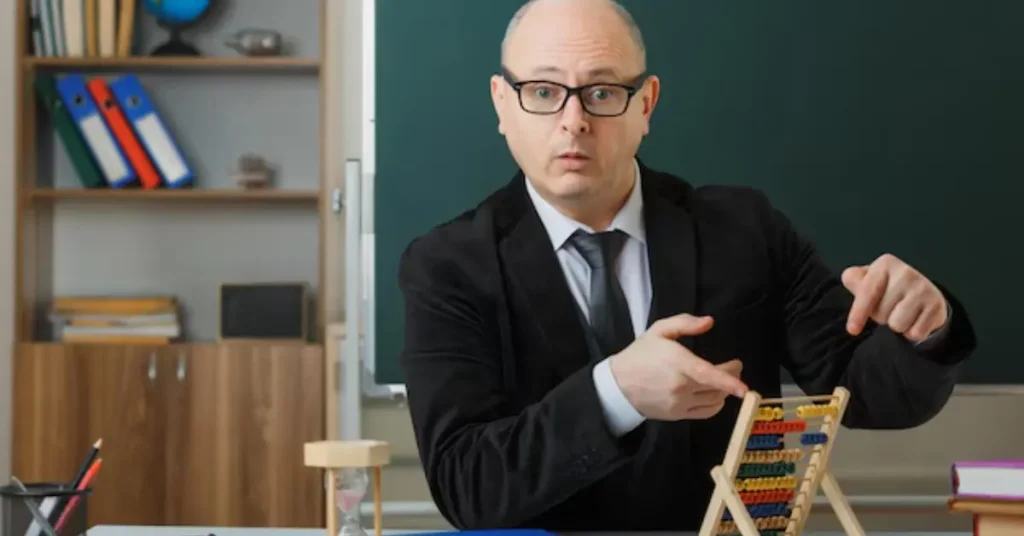
Fragments and concepts inspired by Montessori are used in many schools and in the integrated approaches to classroom teaching in the present society. For instance, handled manipulatives and the possibility to build your own work centers are among the perspectives to be observed in Montessori classrooms. Such incorporation of the ideas of Montessori help in supporting the idea that educational theorists have a function in these trends of teaching practice.
1. Who was Maria Montessori and what did she contribute to education?
Maria Montessori was an Italian physician and educator who developed the Montessori method of education. Her contributions include a focus on student-centered learning, hands-on materials, and respecting the child’s natural development.
2. How does the Montessori method differ from traditional education?
The Montessori method emphasizes self-directed learning, hands-on experiences, and respect for the child’s individuality. In contrast, traditional education often follows a more structured approach with a fixed curriculum and teacher-led instruction.
3. What are some key features of a Montessori classroom?
Montessori classrooms are characterized by a prepared environment with hands-on materials, mixed-age groups, and an emphasis on student autonomy. The classroom setup encourages independent exploration and peer learning.
4. How can Montessori principles be applied in a non-Montessori school setting?
Montessori principles can be integrated into any classroom by incorporating hands-on learning materials, fostering student independence, and creating a respectful and engaging learning environment.
5. Are Montessori methods suitable for all age groups?
Yes, Montessori methods can be adapted for different age groups, from early childhood through adolescence. The core principles of respecting the child’s development and promoting self-directed learning are applicable across various age levels.
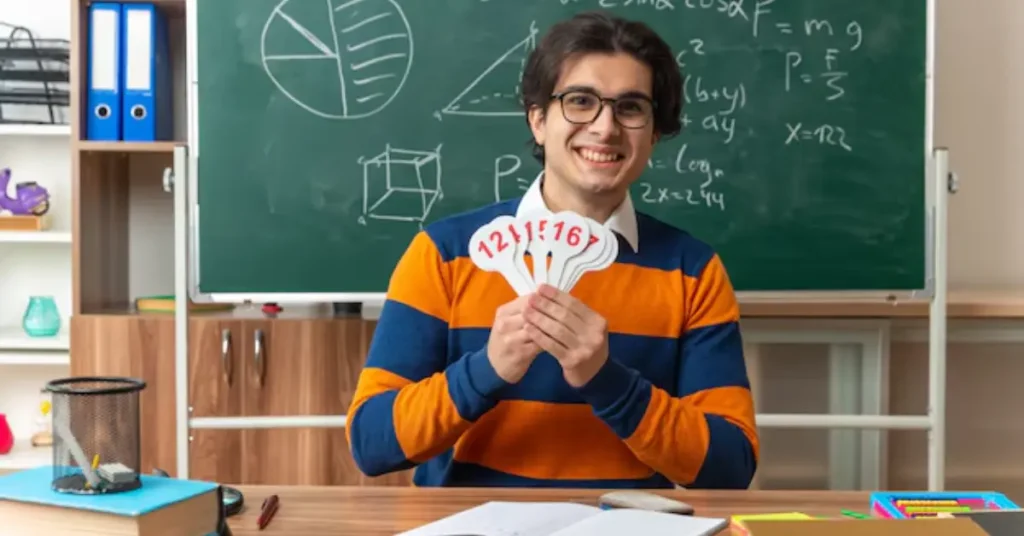
Conclusion
The great education scholars such as Maria Montessori have also played their part in advancing the subject as well as documenting methods of learning. Montessori’s ideas generated a more compromising strategy of education delivery that is still practiced in modern society, and gave very important insight into how education should be done. When analyzing the history of educational theorists’ work, one understands that the modern educational system is built on certain principles and knows how it can enrich one’s own practice.

